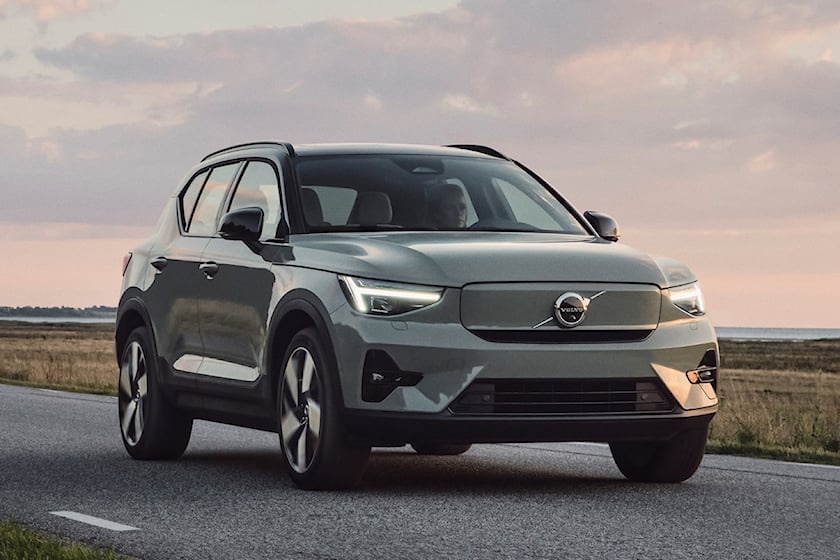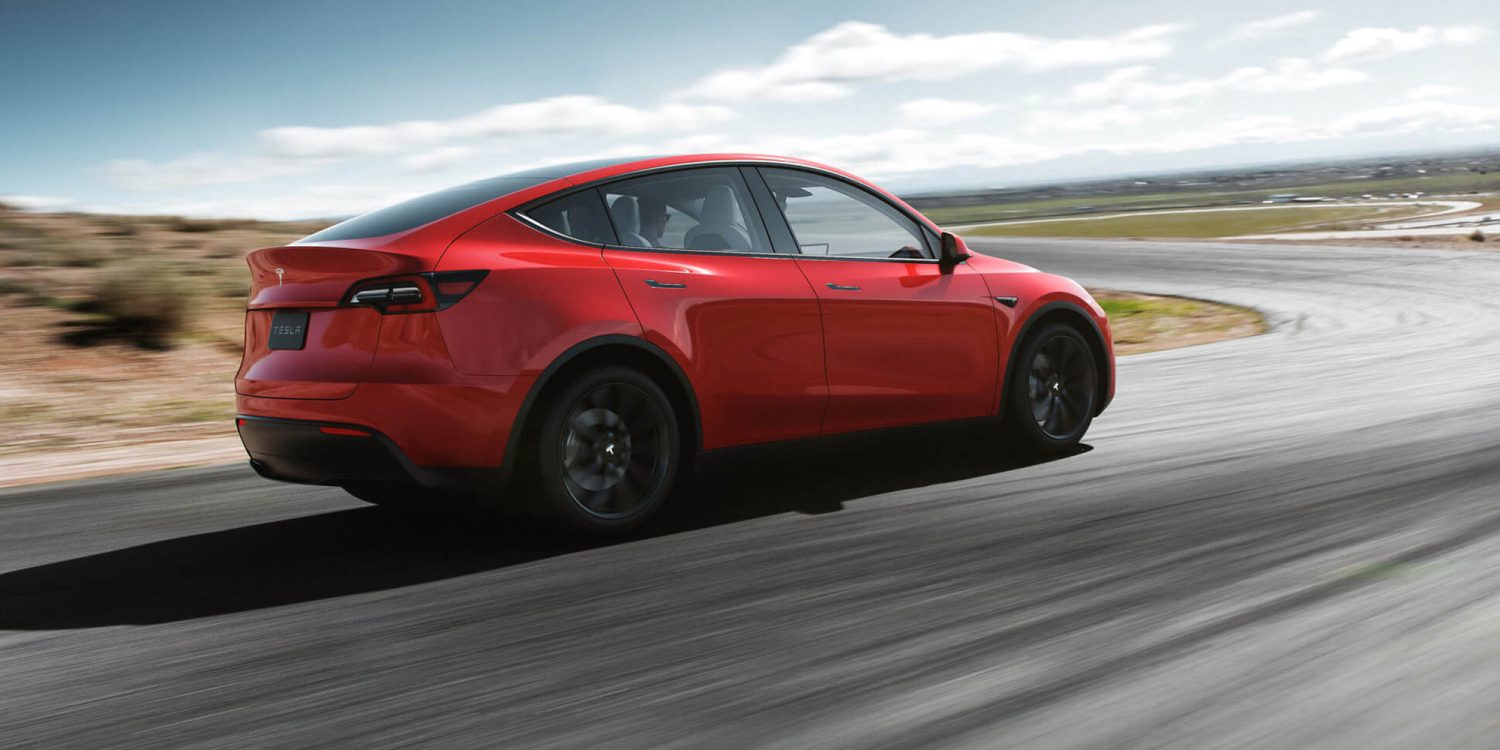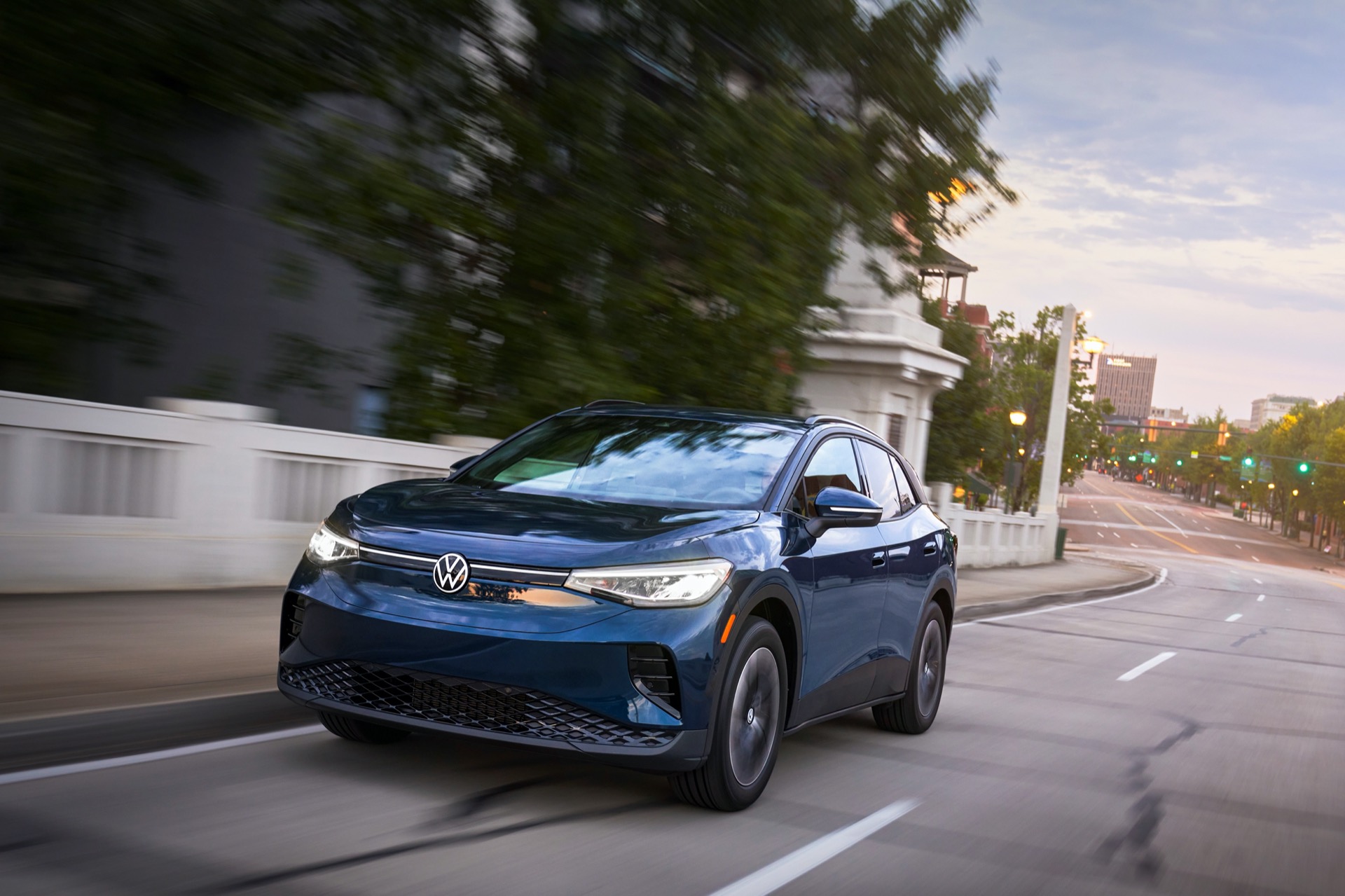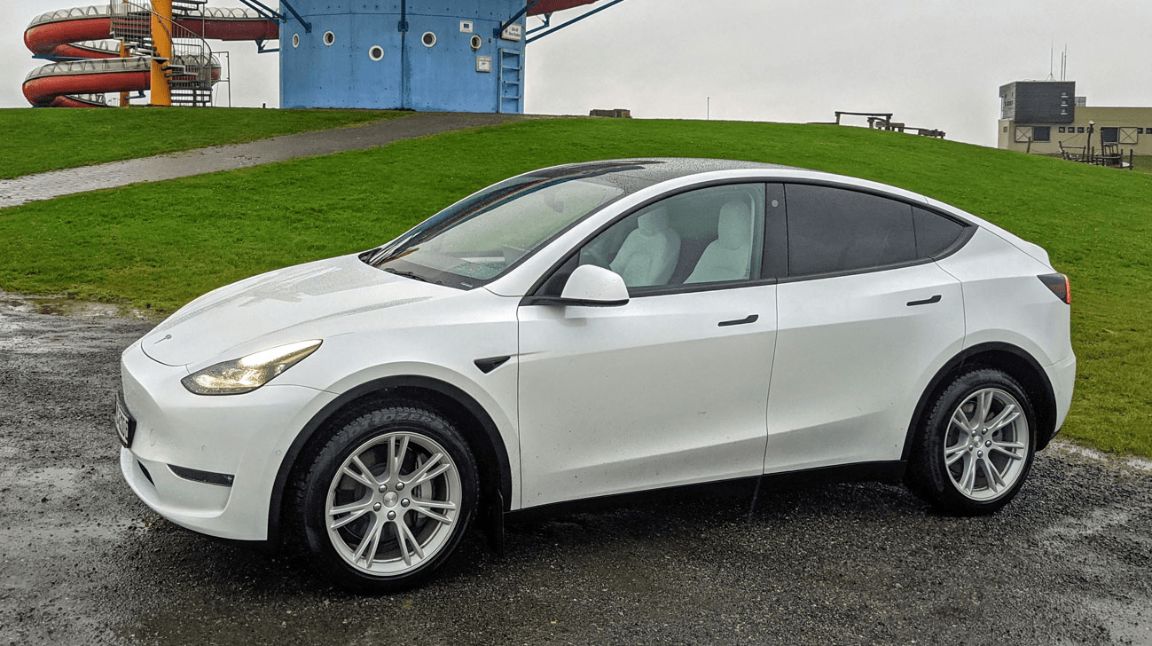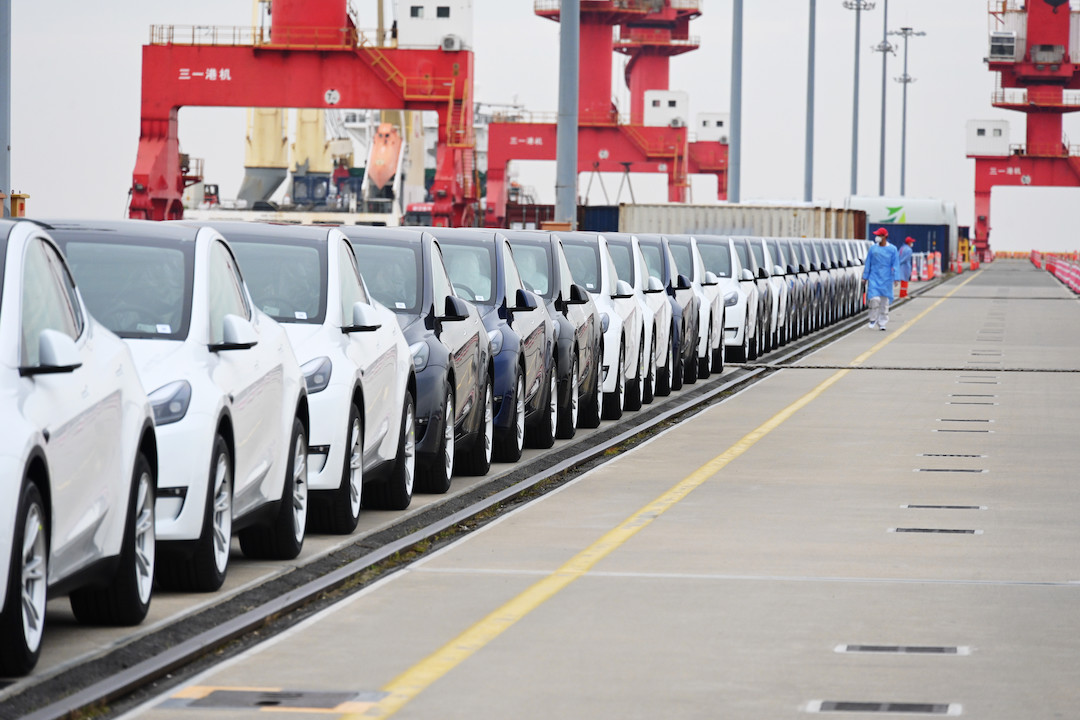Volvo Cars report a strong start to the year, with global sales of 162,938 cars in the first three months of 2023, representing an impressive 10% increase from the same period last year. The Swedish automaker’s sales growth was primarily driven by the rising demand for its fully electric cars.
March sales were equally encouraging, with Volvo Cars selling 63,132 cars globally, representing an 8% increase from March 2022. The automaker’s Recharge line-up of chargeable models, which consists of fully electric or plug-in hybrid powertrains, remained popular in the first three months of the year, accounting for 41% of all cars sold worldwide. During the period, the share of fully electric cars surged to 18%.
The European market saw sales of 72,671 cars, up 12% from the same period last year, with the Recharge models representing a staggering 62% of overall sales. In the US, sales of 26,483 cars during the first quarter increased by 16% compared to the same period in 2022. The Recharge models also contributed to 29% of overall sales during the quarter.
In China, sales of 36,457 cars in the first quarter marked a 2% increase from the previous year, with Recharge cars accounting for 11% of total sales. The sales of Volvo’s models in China are expected to increase, given the country’s focus on reducing emissions and promoting electric vehicles.
The Volvo XC40 was the top-selling model in March, with sales of 20,556 cars, followed closely by the XC60 with 18,090 cars sold, and the XC90 with 9,828 cars sold.
Volvo’s success can be attributed to its focus on sustainability and its commitment to producing fully electric cars. With the demand for electric vehicles on the rise and the world’s push towards sustainable practices, Volvo’s strategy appears to be paying off. It remains to be seen how the company will perform in the coming months, but this strong start to the year bodes well for the future of the Swedish automaker.

